The Luminous Cube & The Roaring Darkness
“Boxing is especially valuable, and there are few spectacles as healthy and beautiful as a boxing match.” These are the words of a 26-year-old Vladimir Nabokov, taken from a paper he delivered to a Russian émigré literary club in Berlin in 1925. In it, the future titan of twentieth century literature and author of Lolita and Pale Fire expounds on his theory of boxing as a redemptive experience through which physical beauty is created by the collision of opposing fighters. For the young author, the extemporaneous nature of games and sports was the supreme way for a man to express his vitality. Boxing, with its incomparable synergy of physicality and intellect, provided Nabokov with a singular visceral experience.
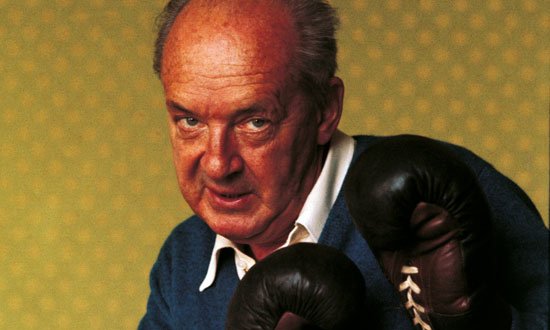
The paper is titled ‘Breitensträter – Paolino,’ and reports on a heavyweight fight held between a famous Basque, Paolino Uzcudun, and the German boxer Hans Breitensträter. Published for the first time in English in the Times Literary Supplement in 2012, the piece begins with a short treatise on the liberating nature of games. For Nabokov, play was ‘everything good in life,’ whether the exercise was mental or physical, and undertaken through art or athletics. Superior to the unthinking rigidity of military exercise, aggressive sports like boxing were especially invigorating, as they provided men with a creative way to engage their physical instincts. No stranger to the ring, Nabokov once boxed himself, and it’s clear the sport held considerable sway over his young imagination.
In this short essay, he writes knowledgeably about a still-youthful sport. He takes note of Jack Johnson’s epoch-making victory over Jim Jeffries, saying that in retirement Johnson “rested on his laurels, gained weight, took a beautiful white woman for his wife, began appearing as a living advertisement on the music-hall stage, and then, I think, ended up in jail, and only briefly did his black face and white smile flash out from the illustrated magazines.” He describes having seen Bombardier Wells, ‘the miraculous Carpentier,’ and likens Canadian Tommy Burns to a ‘London Dandy.’ Nabokov is writing about boxing in arguably its greatest era, and invoking the fighters whose deeds ensured the heavyweight title would typify the hyper-masculinity that so enthralls the writer.
To buttress his credentials as a suitable voice for the sport, Nabokov assures the reader that being knocked unconscious is surprisingly agreeable. He claims that in a damaging punch “which brings on an instantaneous black-out, there is nothing grave. On the contrary, I have experienced it myself, and can attest that such a sleep is rather pleasant.” I can personally attest that there is some truth here, but the loss of consciousness is more banal than satisfying, and eventually becomes frightening when one’s bruised brain registers the damage it’s sustained. Here, Nabokov is writing with vainglorious glee. He did box at Cambridge (an experience he describes in his peerless autobiography Speak Memory), but I have difficulty believing that a man as extraordinarily intelligent and sensitive as he, however young and inexperienced, could have been so flippant about the health of his most valuable organ.
Nabokov’s description of the 1925 bout between Breitensträter and Paolino in Schöeneberg, a borough of Berlin, is a fine one, and appropriately verbose. “Around the luminous cube” he writes, “across which the boxers danced with the referee twisting between them, the black darkness froze, and in the silence the glove, shiny with sweat, slapped juicily against the live naked body.” Paolino, who took on the greatest heavyweights of his day, including Max Schmeling and Joe Louis, knocked the besieged German out in round nine. “In a frenzy and discord, the darkness roared. Breitensträter lay twisted like a pretzel. The referee counted down the fateful seconds. Still he lay.”

‘Breitensträter – Paolino’ is an interesting and worthwhile piece for devotees of Nabokov’s fiction and anyone interested in boxing. Originally written in Russian, the translation, which Thomas Karshan said was undertaken with the idea of retaining the nuances of the young Nabokov’s prose, is well done, but it elicits none of the captivating rhythms that distinguish later masterpieces like Lolita and Pale Fire as towering monuments to the range and beauty of the English language. Still, any appearance of ‘new’ Vladimir Nabokov is noteworthy for an English audience and Karshan and the conspicuously-named Tolstoy should be commended for producing a lively translation.
As if speaking directly to the boxing obsessed literati he references earlier in the piece—particularly his beloved Pushkin—Nabokov ends the piece with a long, idealized dissertation on the virtues of institutionalized violence. Contrary to his theory, boxing is not, as the adage maintains, something that one ‘plays,’ but there is truth here in his description of the rare emotion it invokes in its followers:
And so the match came to an end, and when we had all emptied out onto the street, into the frosty blueness of a snowy night, I was certain, that in the flabbiest family man, in the humblest youth, in the souls and muscles of all the crowd, which tomorrow, early in the morning would disperse to offices, to shops, to factories, there existed one and the same beautiful feeling, for the sake of which it was worth bringing together two great boxers, — a feeling of dauntless, flaring strength, vitality, manliness, inspired by the play in boxing. And this playful feeling is, perhaps, more valuable and purer than many so-called “elevated pleasures.” — Eliott McCormick

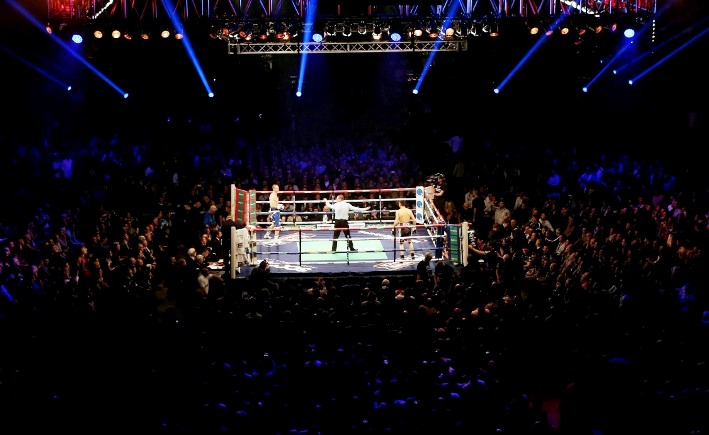


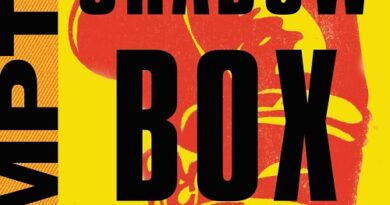
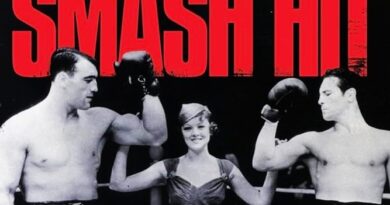
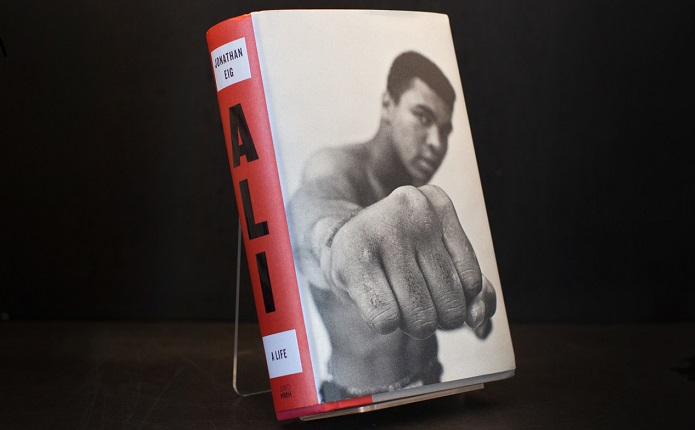
This was a great post. I hope to read more like it in the future. You guys do great work on this website. Keep it up.
Thanks Scott, we really appreciate your readership! Keep coming back.
Being a fan of Nabokov and boxing, I really enjoyed this post. Very interesting read and well written.
Thanks for reading and leaving a comment Jenna. We love Nabokov here too. If you haven’t been here already, there are other reviews of boxing literature on this site that you might also like: https://www.thefightcity.com/category/fight-city-reviews/
Hi Eliott,
Can you please direct me to, or send to my email, Nabokov’s boxing speech in its entirety? I’ve seen several articles online about it, but haven’t been able to locate the actual complete speech.
I really appreciate it!
Vincent
Thanks for reading Vincent, here’s the article: https://www.the-tls.co.uk/articles/public/vladimir-nabokovs-ringside-vision-of-art-and-life/
Enj0y!